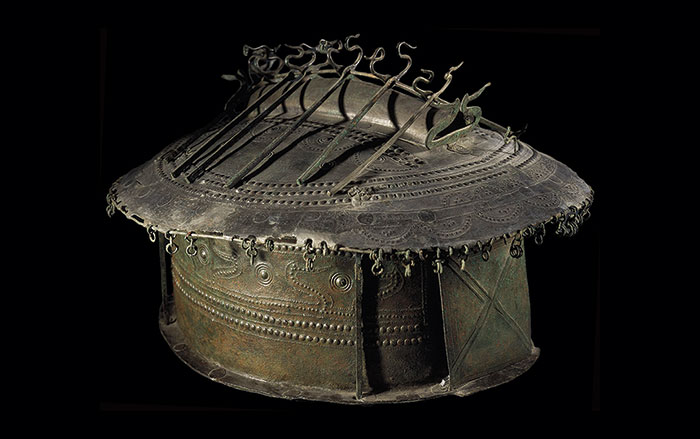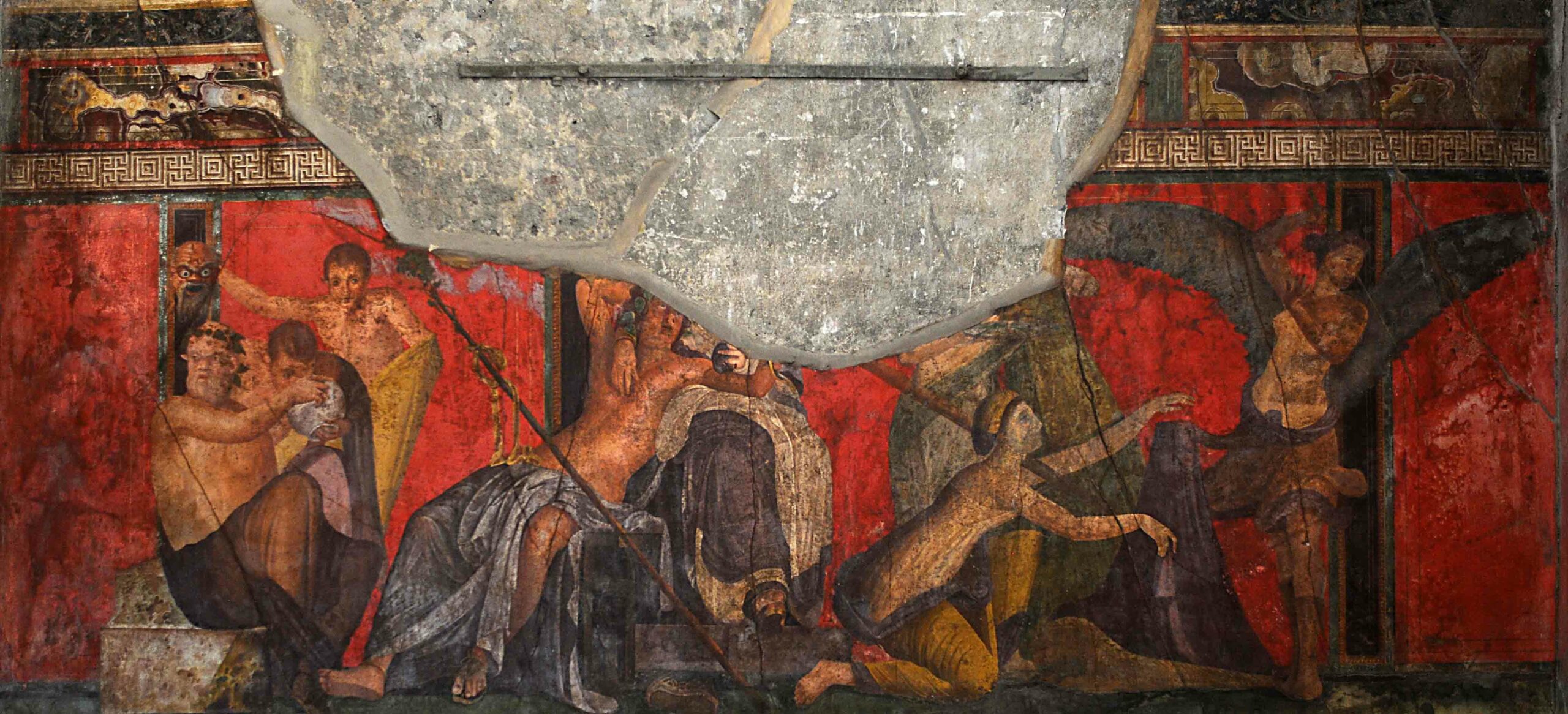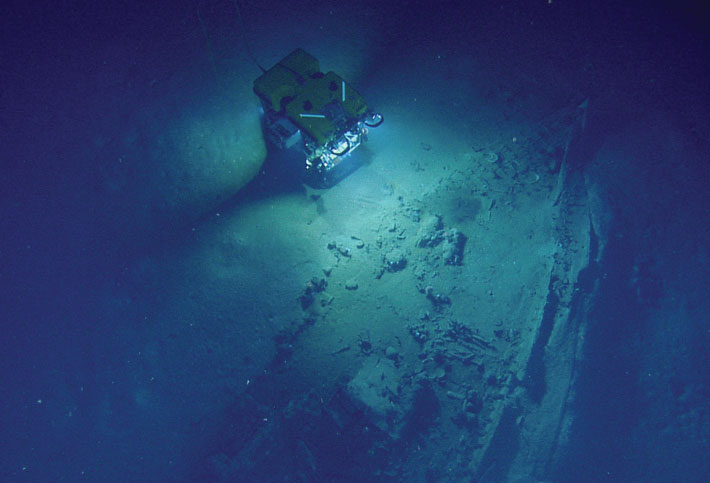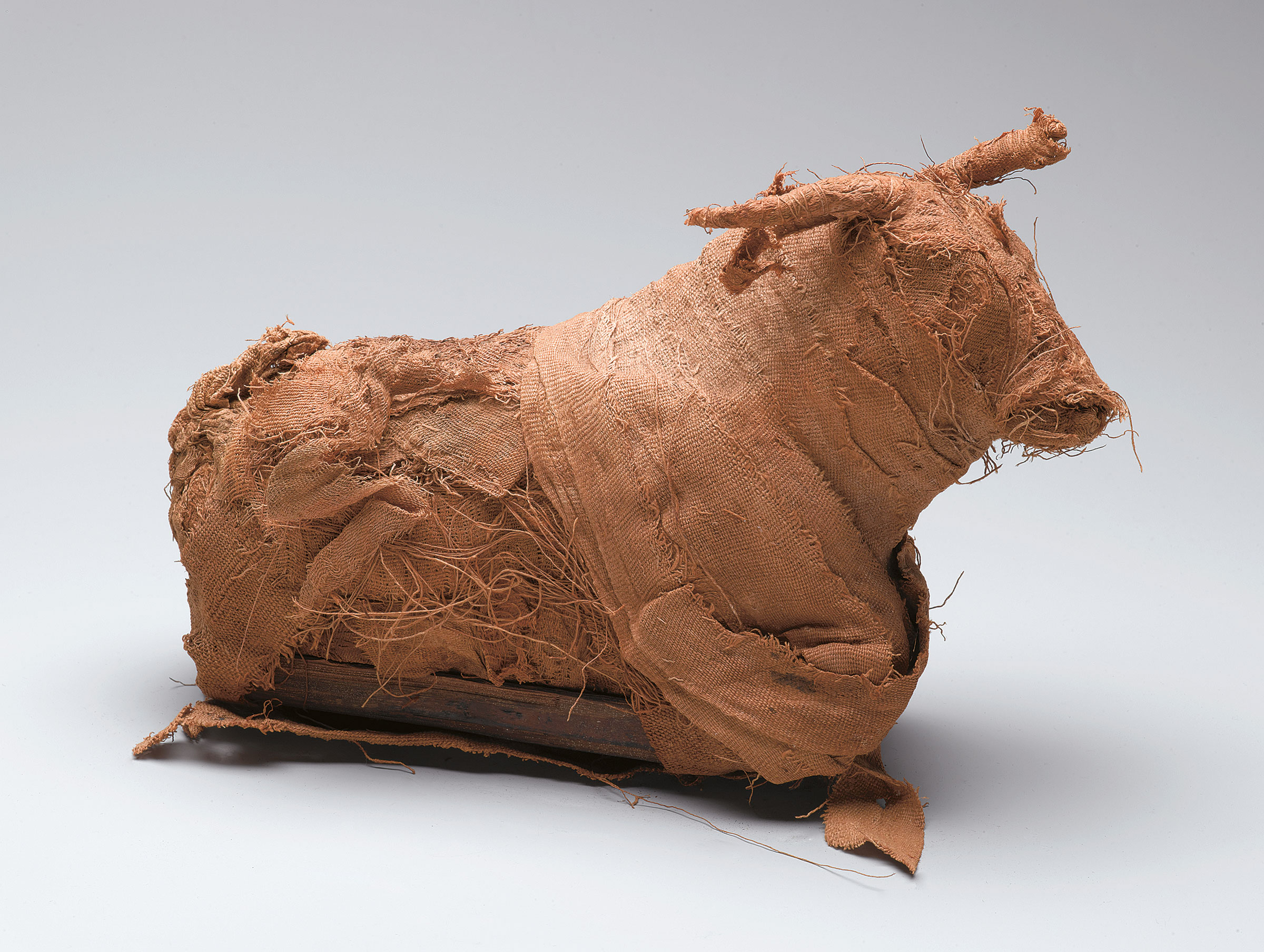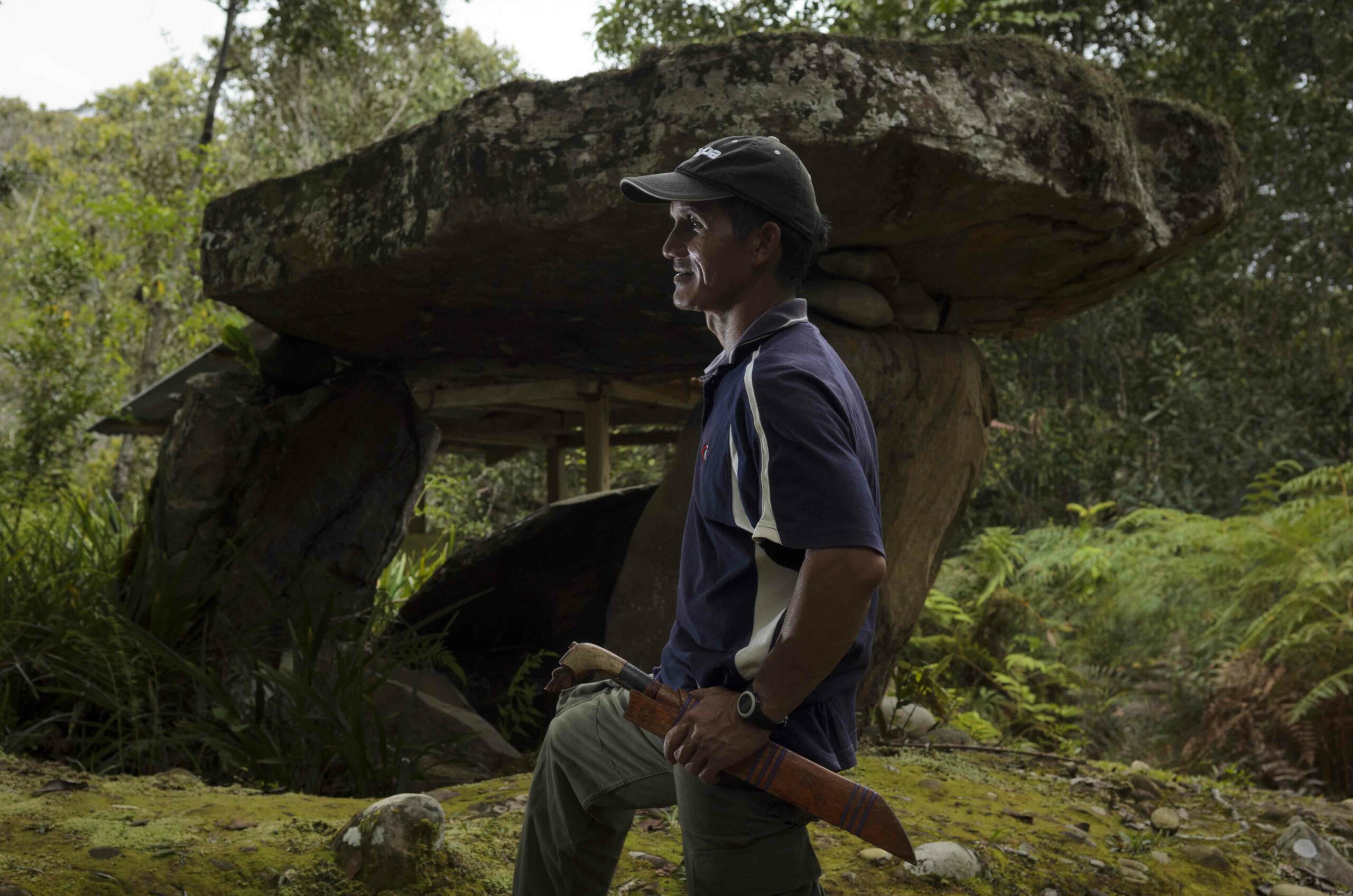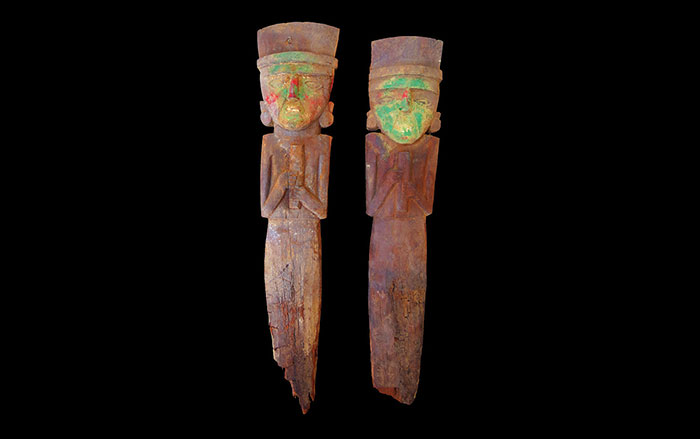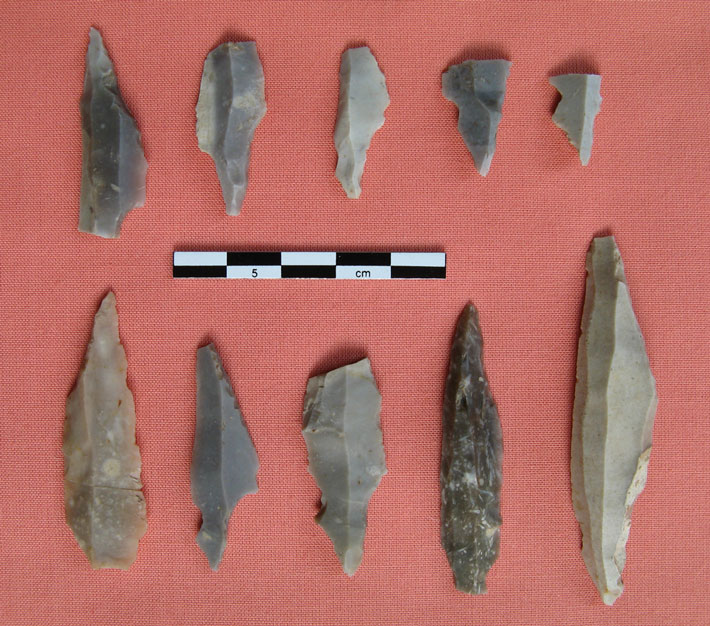
SOUTH LANARKSHIRE, SCOTLAND—Flint tools discovered at Howburn, Scotland, have been dated to 14,000 years ago, making them the earliest evidence of humans in Scotland. The tools resemble artifacts from northern Germany and southern Denmark. The first settlers are thought to have followed wild game at the earliest part of the late-glacial period, when Scotland was accessible. “These tools represent a real connection with archaeological finds in north-west Germany, southern Denmark and north-west Holland, a connection not seen elsewhere in Britain at this time,” Alan Saville, senior curator at the National Museums of Scotland, told The Courier.





